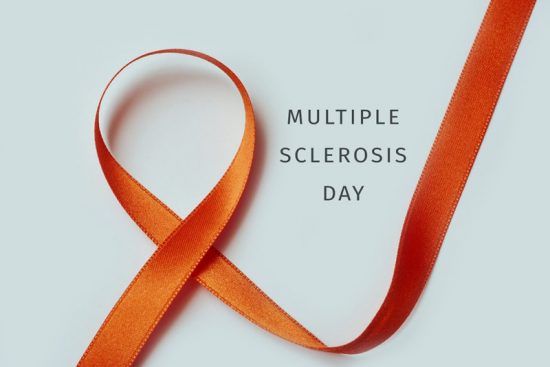Every year on May 30th, the global community comes together to mark World Multiple Sclerosis Day, a time to raise awareness, challenge stigma, and amplify the voices of those living with MS.
World MS Day is more than a date on the calendar, it’s a worldwide movement of solidarity, a call for better access to care, and a celebration of resilience.
What is Multiple Sclerosis?
MS is a chronic illness of the central nervous system, affecting the brain and spinal cord. It occurs when the immune system mistakenly attacks the protective covering of nerve fibers (myelin), causing inflammation and disrupting communication between the brain and the rest of the body.
MS affects over 2.8 million people globally, with varying symptoms depending on the area and severity of nerve damage.
Where to Find Help and Support in South Africa
Whether you’re newly diagnosed, a caregiver, or looking to support someone living with MS, help is available:
Multiple Sclerosis South Africa (MSSA)
www.multiplesclerosis.co.za
Regional branches in Gauteng, Western Cape, KZN, and Eastern Cape – 0860 45 67 87
Offers education, support groups, access to resources, and advocacy for MS patients.
South African MS Facebook Groups and Forums
Search for private support groups like:
- MS Warriors South Africa
- Living with MS in SA
Neurology Departments at Major Public Hospitals
Access diagnosis, treatment plans, and referrals for further care:
- Groote Schuur Hospital (Cape Town)
- Chris Hani Baragwanath Hospital (Johannesburg)
- Steve Biko Academic Hospital (Pretoria)
- Inkosi Albert Luthuli Hospital (Durban)
How You Can Help This World MS Day
Raise Awareness
- Share stories, facts, or the official hashtag #WorldMSDay on social media.
Donate or Fundraise
- Support MSSA or individuals raising funds for mobility aids, treatment, or daily living needs on platforms like BackaBuddy.
Wear Orange on May 30
- Orange is the global colour of MS awareness. Wear it proudly and spark conversations.
Living with MS can be an uphill journey, but no one has to walk it alone. By increasing awareness, strengthening support networks, and advocating for better care, we can help people with MS live fuller, more empowered lives.




